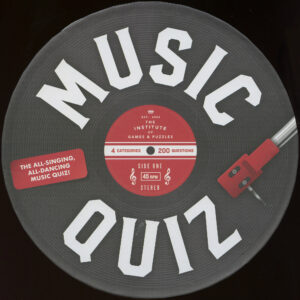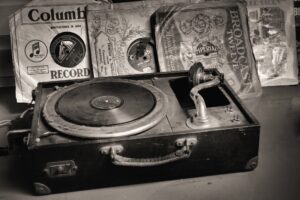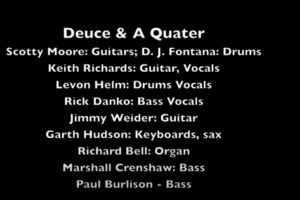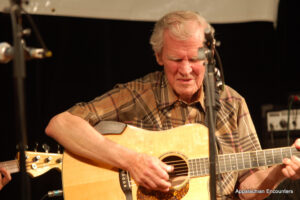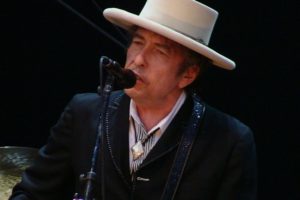This is a long excerpt from Wikipedia’s entry on Merle Haggard, but it is very interesting. It seems that a small percentage of the many kids who start down the wrong track are saved by the fact that they have talent. Others, it seems, aren’t so fortunate:
Around the onset of adolescence, Haggard began committing petty crimes and truancy. Due to shoplifting in 1950 (aged thirteen), Merle was sent to a juvenile detention center.[2] In 1951, aged 14, Haggard ran away to Texas with a friend, but returned that same year and was arrested for truancy and petty larceny. Again escaping the juvenile detention center, he went to Modesto, California. He worked odd jobs—legal and not—and began performing in a bar. Once he was found again, he was sent to the Preston School of Industry, a high-security installation. He was released fifteen months later, but was sent back after beating a local boy during a burglary attempt. After his fourth release, Haggard saw Lefty Frizzell in concert with his friend, Bob Teague. After hearing Haggard sing along to his first two songs Frizzell allowed Haggard to sing at the concert. The audience enjoyed Haggard and he began working on a full-time music career. After he had earned a local reputation, Haggard’s money problems caught up with him. He was arrested for attempting to rob a Bakersfield tavern in 1957[3] and was sent to the San Quentin state prison for three years.
While in prison, Haggard ran a gambling and brewing racket from his cell. During a time of solitary confinement, he encountered an alcoholic mathematician and death row inmate, Drunk Adam. Haggard had the opportunity to escape with a fellow inmate (nicknamed “Rabbit”) but passed. The inmate successfully escaped, only to shoot a police officer and return to San Quentin for execution. Drunk Adam’s predicament along with that of “Rabbit” inspired Haggard to turn his life around. Haggard soon earned a high-school equivalence diploma and kept a steady job in the prison’s textile plant. Haggard cited a 1958 performance by Johnny Cash as his inspiration to join the prison’s band.[4] Upon his release in 1960, Haggard said it took about four months to get used to being out of the penitentiary and that, at times, he actually wanted to go back in. He said it was the loneliest he had ever felt.[citation needed] (Continue Reading…)
Okie from Muskogee, perhaps Haggard’s best known song, seems archaic now. But it was a cornerstone of the culture wars at a time when the nation seem even more polarized than today.
Above is I Think I’ll Just Stay Here and Drink and below is The Legend of Bonnie and Clyde. Here is Haggard’s homepage and his Facebook and his MySpace pages.

